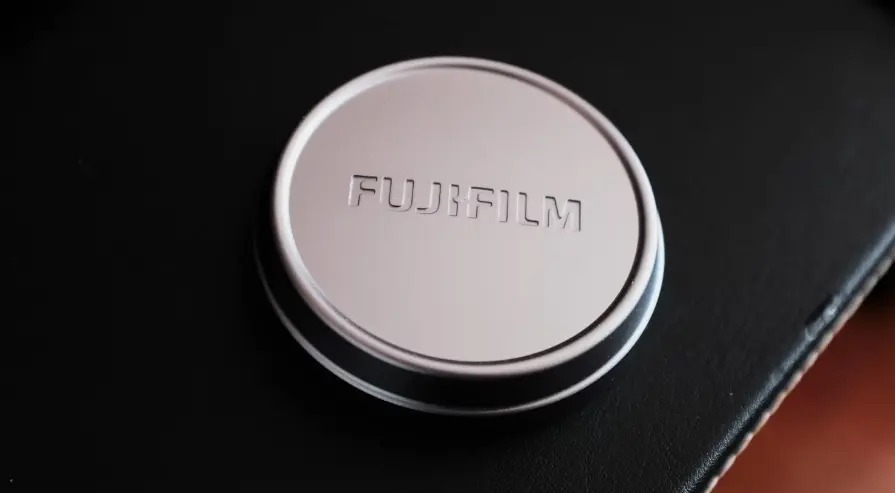
GCC Certification Process and Standards in the United States
GCC (General Certificate of Conformity)
GCC is a written declaration requiRED by the Consumer Product Safety Improvement Act (cpsia). It applies to general-use (non-children’s) products manufactured or imported into the U.S. The certificate confirms that the product complies with applicable safety rULes based on reasonable testing.

Why Do You Need GCC?
- A GCC certifies that your product complies with U.S. consumer product safety rules.
- Failure to issue or providing false gcc certificates violates the Consumer Product Safety Act (CPSA)and may lead to:
- Civil penalties
- Criminal charges
- Seizure of goods
- Many e-commerce platforms, such as Amazon and TEMU, enforce compliance:
- Amazon:GCC is mandatory for products like bicycles, helmets, bunk beds, matches, and glazing materials. Non-compliance may result in product removal or seizure.
- TEMU:Requires GCC certificates for all textile and apparel products. Lack of certificate may cause product delisting.
Scope of gcc certification
GCC applies to general-use products that fall under consumer product safety rules, bans, standards, or regulations enforced by the Consumer Product Safety Commission (CPSC).
Example Products and Requirements
- Sports Protective Equipment
- Adult bicycle helmets, roller skating helmets
- Must comply with CPSC and ASTM standards (e.g., astm f1447)
- Home Products
- Mattresses, carpets, bunk beds
- Mattresses must meet flammability standard 16 CFR 1632
- Tools
- Electric lawn mowers, portable gas containers
- Require mechanical safety and material stability testing
- Other Products
- Adult apparel: must have fiber content labeling
- Fireworks: must meet combustion performance standards
- Vinyl plastic film
Common Notes
- GCC is for non-children’s productsonly. Products for children under 12 require CPC (Children’s Product Certificate).
- Applicable standards depend on product type. For example, bicycle helmets must comply with 16 CFR 1203.
- Products for children under 12 must have CPC Certification, not GCC.
GCC Certification Process
1. Identify Product Type
- Confirm whether your product falls under the GCC requirements.
2. Choose Certification Body
- Select a recognized certification organization (Notified Body).
3. Prepare Technical Documentation
- Product manual
- Circuit diagrams, design drawings
- Parts list
- Test reports (e.g., CE, IEC)
- Risk assessment
- Arabic label samples (if applicable)
4. Product Testing
- Perform tests in a GCC-recognized lab (e.g., JJR Lab).
5. Factory Inspection (if required)
- Some product types require a factory quality system audit.
6. Submit Application
- Submit complete documentation to the certification body.
7. Review and Certification
- The body reviews and issues the GCC certificate if approved.
What Should a GCC Certificate Include?
- Product identification and applicable standards/regulations
- Manufacturer/importer details
- Product description, production date, and location
- Test results and testing organization info
Maintaining Compliance
- Ensure Testing:Your product must pass required safety tests (flammability, chemical safety, etc.).
- Re-test Periodically:While not mandatory, annual re-testing is recommended or required if product changes occur.
- Third-party Lab Support:Though the manufacturer/importer is responsible, third-party labs may draft the GCC.
- Verify Compliance:Ensure authenticity of test reports and product conformity before market entry.
Difference Between GCC and CPC
- GCC (General Certificate of Conformity)
- For general-use or adult products
- Testing may be done in own lab or third-party lab
- Legal basis: CPSIA + CPSC rules for general-use products
- Example products: mattresses, carpets, fireworks, adult apparel
- Issued by manufacturer/importer (may draft with third-party help)
- CPC (Children’s Product Certificate)
- For products designed for children under 12
- Testing must be by a CPSC-accepted third-party lab
- Legal basis: CPSIA + specific children's product standards (e.g., lead, phthalates)
- Example products: toys, cribs, children’s sleepwear, car seats
- Requires tracking labels, compliance warnings, detailed test reports
Key Risks Without Certification
Selling products in the U.S. without valid GCC or CPC certification may lead to:
- Product removal from platforms like Amazon and TEMU
- Seizure of goods
- Withholding of payments
- Legal action (civil or criminal)
About JJR Lab
As a third-party testing lab, JJR Lab (China)is recognized by Amazon, TEMU, and multiple authoritative certification bodies.
It provides comprehensive support for product testing and certification for U.S. market access.
Email:hello@jjrlab.com
Write your message here and send it to us
 2026 EU SVHC Candidate List (253 Substances)
2026 EU SVHC Candidate List (253 Substances)
 LFGB Certification Cost and Timeline Guide
LFGB Certification Cost and Timeline Guide
 Bluetooth FCC Test Report
Bluetooth FCC Test Report
 Is FCC Testing Required?
Is FCC Testing Required?
 Where to Find FCC Test Reports
Where to Find FCC Test Reports
 LFGB Compliance Testing for Plastic Food Contact M
LFGB Compliance Testing for Plastic Food Contact M
 How to get LFGB Compliance Report for Food Grade P
How to get LFGB Compliance Report for Food Grade P
 LFGB Certification Process for Kitchenware Product
LFGB Certification Process for Kitchenware Product
Leave us a message
24-hour online customer service at any time to respond, so that you worry!




